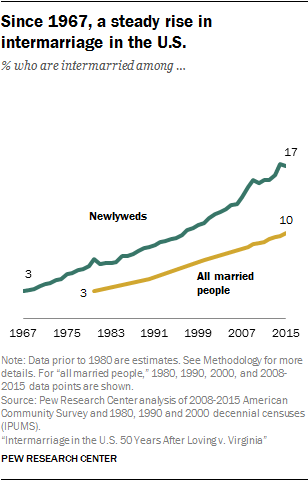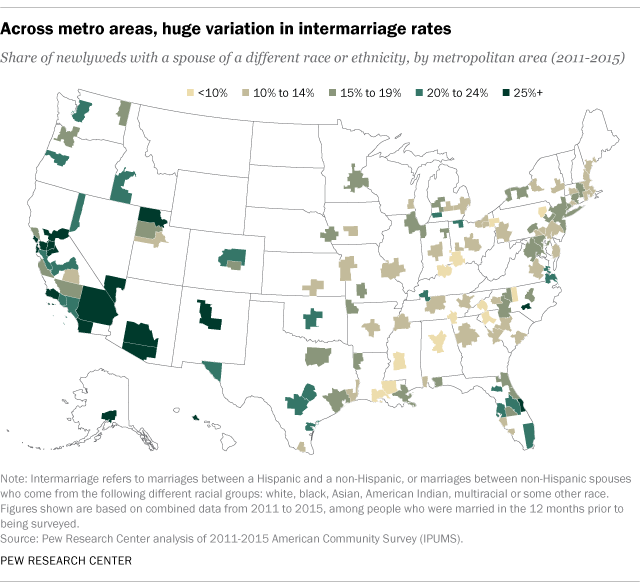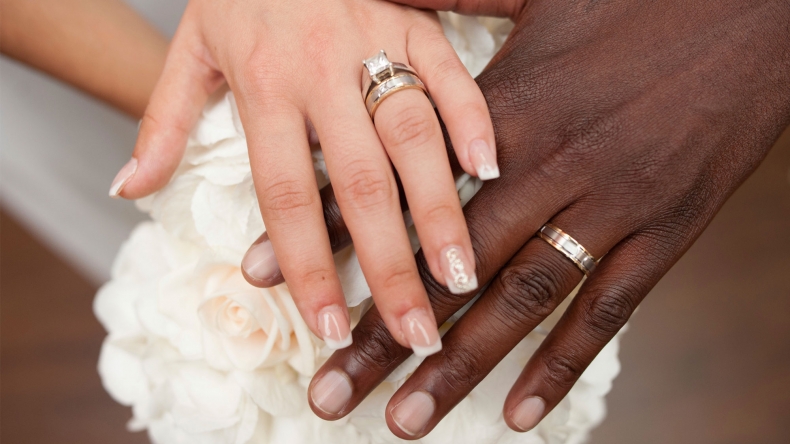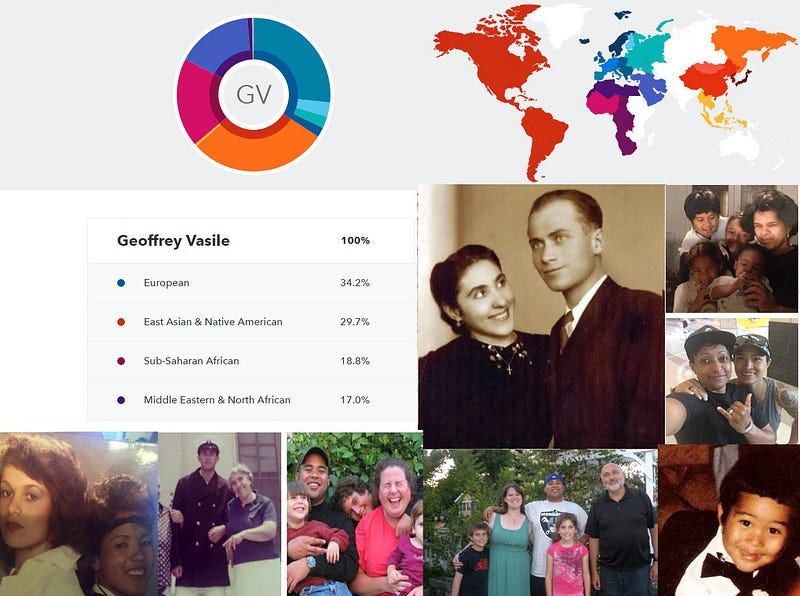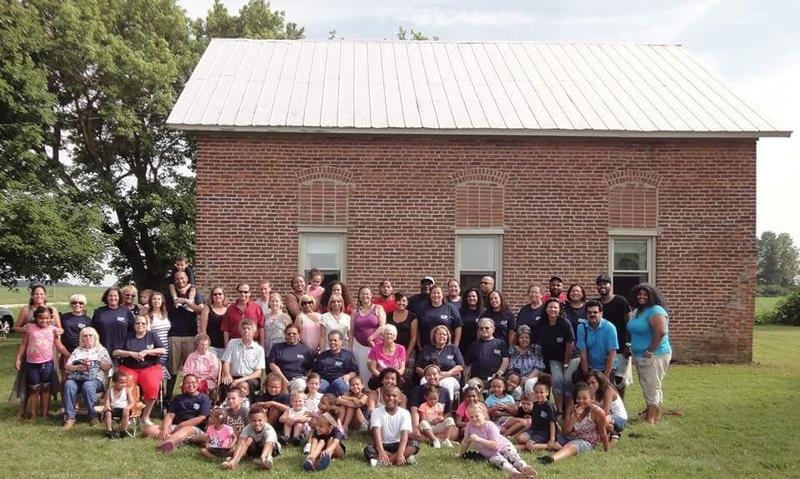“We Are Not Used to People Thinking We Are Beautiful”
The New Yorker
2017-06-02
Jonathan Blitzer

Photograph by Cécile Smetana Baudier
It was a toothache that brought the Franco-Danish photographer Cécile Smetana Baudier to Costa Chica, on the Pacific Coast of Mexico. She was in Oaxaca at the time, for a project on women’s fashion, when she visited a dentist with a special reputation among cash-strapped local photographers. He accepted payment in the form of photographs. His waiting room, in Oaxaca City, was like a gallery, with framed images along the walls and piles of art books cascading over tables. There, just before getting a molar pulled, Baudier came across a series of photos of reedy men with fishing rods and nets, lolling in boats and along the banks of lagoons. She was surprised, given the fact that the men were black, to learn that the photographs had been taken in Mexico, in the remote southern states of Oaxaca and Guerrero. It was the first time she had ever seen images of Afro-Mexicans, and she decided to try to contribute some of her own. A few weeks later, she set out for El Azufre—a secluded coastal fishing village with a large Afro-Mexican population—where she spent five weeks living in a tent pitched on the front yard of an acquaintance’s house.
The African presence in Mexico dates back to the early sixteenth century, when Spanish conquistadors and colonialists arrived; with them came the slave trade. As many as two hundred and fifty thousand African slaves were transported Mexico, according to academic estimates*. At the turn of the nineteenth century, ten per cent of the population had African origins, but Mexican independence ignited a new national dialogue that downplayed race and elevated, instead, the idea of common citizenship. Even though some of the country’s most iconic freedom fighters and early politicians had African roots, their accomplishments fed a celebration of the broader mestizo culture. The history of Afro-Mexicans ever since has been one of erasure and marginalization. Today, there are 1.4 million citizens of African descent in Mexico, but the government did not recognize them officially until a 2015 census count…
Read the entire article here.
